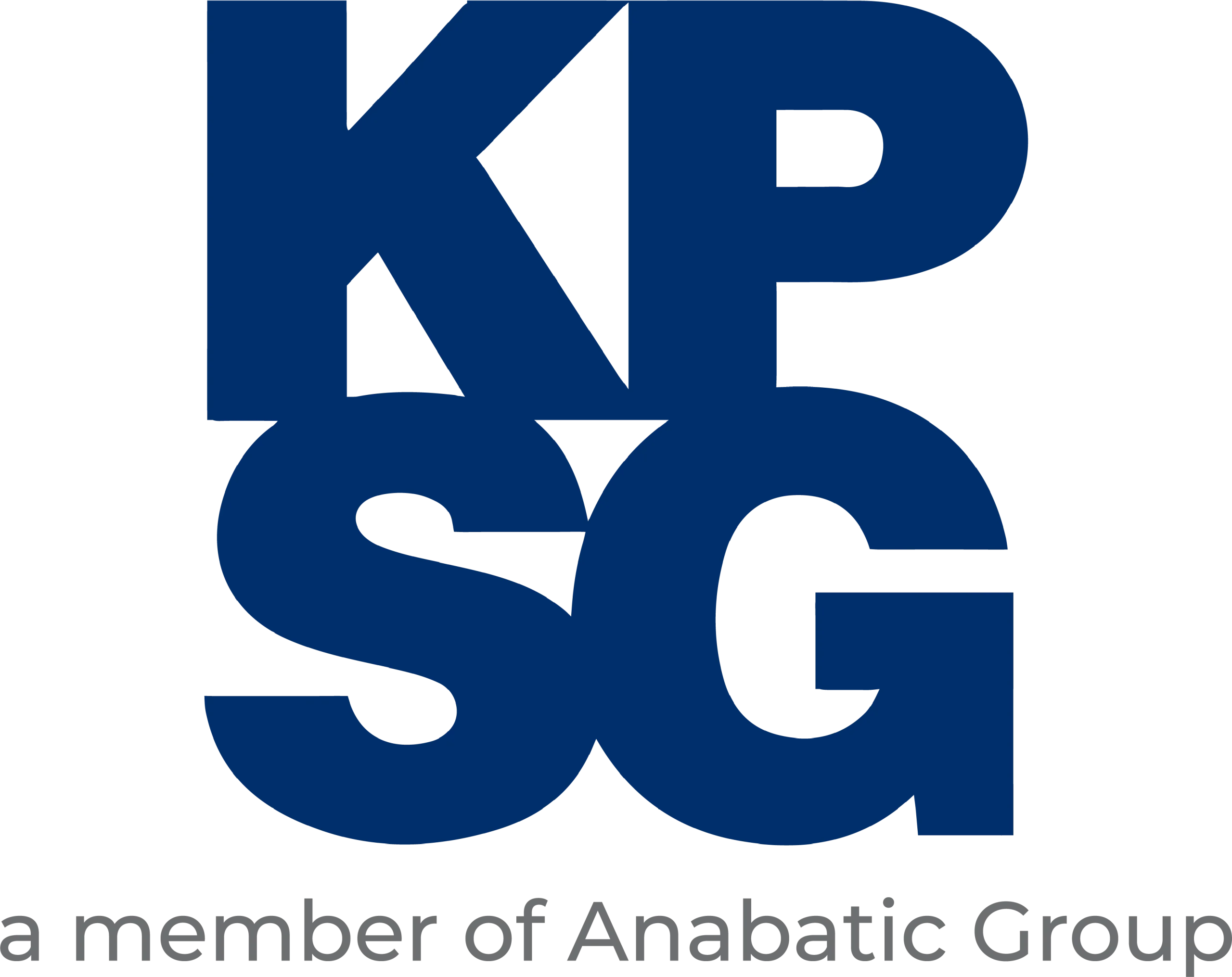A CRM application (Customer Relationship Management) has become one of the core components of modern business strategy. This system helps companies understand customer behavior, manage interactions across multiple channels, and create a consistent customer experience throughout the entire journey.
In today’s business landscape, competitive advantage is no longer determined solely by products or pricing, but by how effectively a company builds long-term relationships with its customers. Through a CRM application, companies can centralize data, monitor customer activity in real time, and make faster, data-driven decisions.
This approach positions CRM not just as a transaction-recording tool, but as a critical foundation for delivering efficient, personalized, and long-term value in customer service.
What Is a CRM Application?
A CRM application is a platform designed to manage all interactions and relationships between a company and its customers. Its function goes beyond data recording. It also analyzes customer behavior patterns, tracks sales activity, and manages real-time communication across multiple channels.
With an integrated system, every team, from sales and marketing to customer service, has access to the same customer information. This ensures every interaction is consistent, timely, and contextually accurate.
How to Use a CRM Application to Improve Business Performance
The use of a CRM application can be tailored to each company’s needs and workflow. Below are several key ways to apply it effectively:
Centralize Customer Data
All customer information, including profiles, purchase history, preferences, and feedback, is stored in a single database. Easy access to this data enables teams to better understand customer needs and deliver more personalized service.
Track Interactions Across Channels
A CRM application helps companies monitor every customer interaction across channels such as phone, live chat, email, and social media. With connected data, companies can continue conversations without losing context, creating a more seamless customer experience.
Improve Workflow Efficiency
Features such as automatic notifications, ticket assignments, and response templates help streamline workflows in handling customer inquiries. Agents can focus on resolving issues while the system manages repetitive administrative tasks.
Enable Data-Driven Decisions
Through analytics and dashboards, CRM applications provide real-time data on service performance, customer inquiry trends, and the effectiveness of marketing campaigns. This allows management to make faster and more strategic decisions.
Strengthen Cross-Department Collaboration
A CRM application facilitates coordination between sales, marketing, and customer service teams. Everyone can view ongoing customer interactions, avoid overlapping work, and ensure all requests are addressed promptly.
Benefits of a CRM Application in Enhancing Customer Experience
Implementing a CRM application not only improves internal efficiency but also has a direct impact on the quality of customer experience. Key benefits include:
Faster and More Accurate Service
With full access to customer data, agents can provide relevant solutions without repeatedly asking for the same information. Response times are shorter, and service quality improves.
Personalized Interactions
CRM systems help companies deeply understand customer behavior. This allows teams to offer products, services, or campaigns that match each customer’s preferences. Such personalization strengthens relationships and fosters loyalty.
Higher Customer Satisfaction and Retention
Customers who feel valued and served promptly tend to stay longer. CRM supports continuous communication through automated follow-ups, interaction reminders, and satisfaction surveys.
Operational Efficiency
Automated workflows reduce administrative workloads, allowing teams to focus on strategic tasks. This efficiency directly enhances productivity and reduces operational costs.
Improved Business Performance
Data collected through CRM applications helps measure service performance, marketing effectiveness, and new sales opportunities. With these insights, companies can refine strategies and boost competitiveness in the market.
KPSG’s CXaaS- and BPaaS-Based CRM Application
As a provider of Customer Experience as a Service (CXaaS) and Business Process as a Service (BPaaS) solutions, KPSG offers a CRM application designed to help companies create a more efficient and integrated customer experience.
KPSG delivers more than just software. Its end-to-end services include:
- System integration with multiple communication channels.
- Quality management and agent training programs.
- Data analytics for strategic insights.
- Professional workforce support for managing contact centers and customer service operations.
By combining technology, processes, and skilled people, KPSG helps businesses maximize the potential of CRM to enhance both efficiency and customer satisfaction.
Conclusion
In today’s increasingly competitive business environment, a CRM application is no longer just a supporting tool, but it is an essential component for creating superior customer experiences. With an integrated system, companies can better understand their customers, respond faster, and make smarter decisions.
KPSG is ready to help your company implement a CXaaS- and BPaaS-based CRM application designed to improve efficiency, accuracy, and service quality.
Enhance operational performance and customer satisfaction with an integrated CRM application from KPSG. Visit www.kpsg.com to explore CRM solutions that drive business efficiency and elevate your customer experience.

